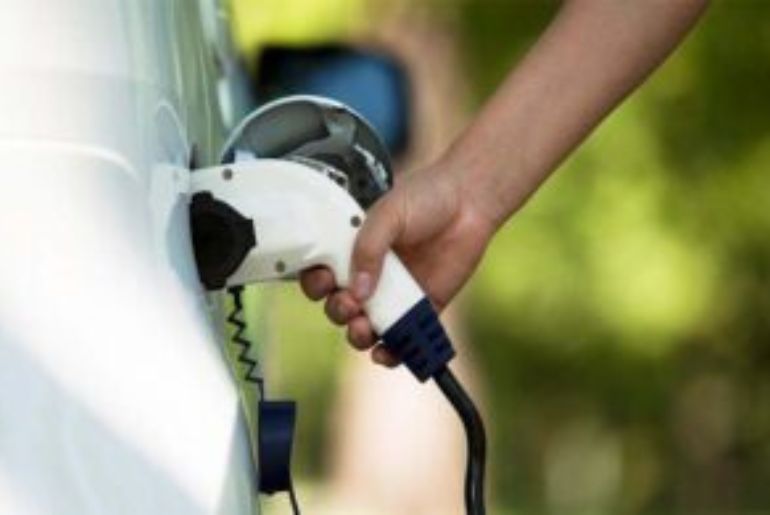In a major step toward accelerating electric mobility adoption, the Bangalore Electricity Supply Company Limited (BESCOM) has announced plans to install 40 electric vehicle (EV) charging stations along national and state highways across Karnataka. The move is part of the state government’s broader strategy to make Karnataka a leader in sustainable transportation and eliminate range anxiety for EV users traveling long distances.
According to BESCOM Managing Director N. Shivashankar, the new charging stations will be set up at key toll plazas and strategic highway junctions, including the Bengaluru–Belagavi National Highway (NH-48) and other major routes. The plan includes 20 stations across 10 national highways—pending approval from the National Highways Authority of India (NHAI)—and 30 more stations on state highways, awaiting clearance from the Karnataka Road Development Corporation Limited (KRDCL).
Karnataka Leads in EV Infrastructure
Karnataka currently ranks among India’s top states for EV charging infrastructure, with over 5,960 operational public charging stations, making it a frontrunner in green mobility. The addition of new highway chargers is expected to strengthen intercity EV connectivity, allowing for smoother travel between major cities like Bengaluru, Belagavi, Mysuru, Hubballi, and Mangaluru.
“EV adoption is no longer confined to cities,” said a BESCOM spokesperson. “By enabling highway charging infrastructure, we are ensuring that electric mobility becomes practical for all—fleet operators, tourists, and long-distance travelers alike. This is a key step in building confidence and convenience for EV users.”
Supporting India’s Clean Mobility Goals
The initiative aligns with the Government of India’s PM E-Drive scheme, which aims to promote widespread installation of EV chargers in urban centers and along highways nationwide. Karnataka’s proactive approach complements the Centre’s goal of achieving 30% EV penetration by 2030.
In addition to the highway rollout, BESCOM continues to expand its EV Mitra app, a real-time platform that helps users locate nearby charging stations, track availability, and plan longer routes efficiently. The state has also been developing solar-powered charging hubs, including one near Kempegowda International Airport, to integrate renewable energy into its EV network.
A Green Road Ahead
Industry experts note that Karnataka’s consistent efforts—ranging from policy reforms to private partnerships—have positioned it as a model for other states. The upcoming highway charging network is expected to reduce range anxiety and support the growth of electric taxis, logistics fleets, and intercity travel.
Once operational, these 40 highway charging stations will represent a major turning point in India’s clean mobility transformation, demonstrating how public infrastructure can drive sustainable change across both urban and rural geographies.

